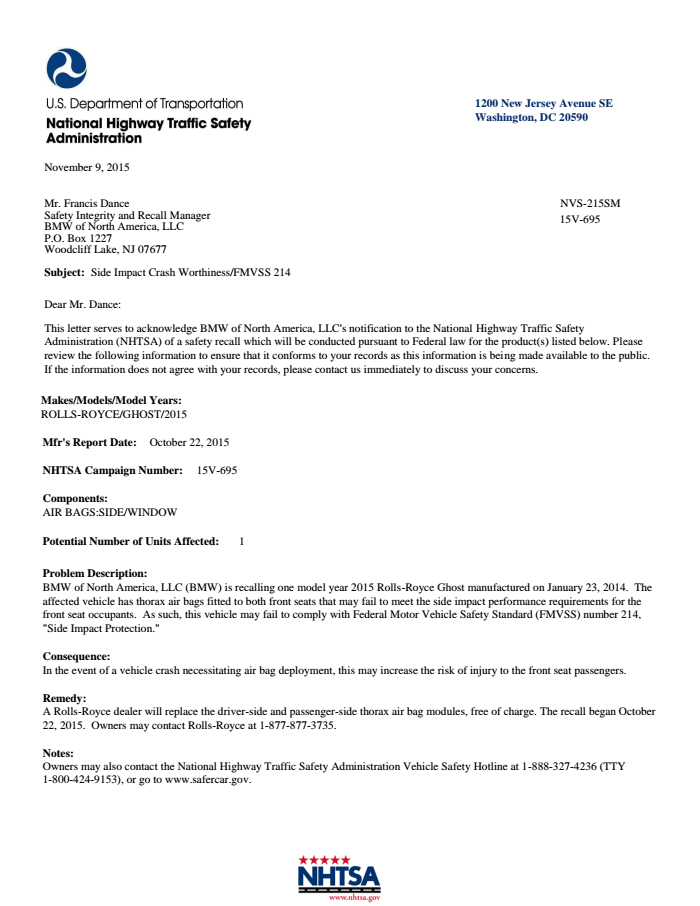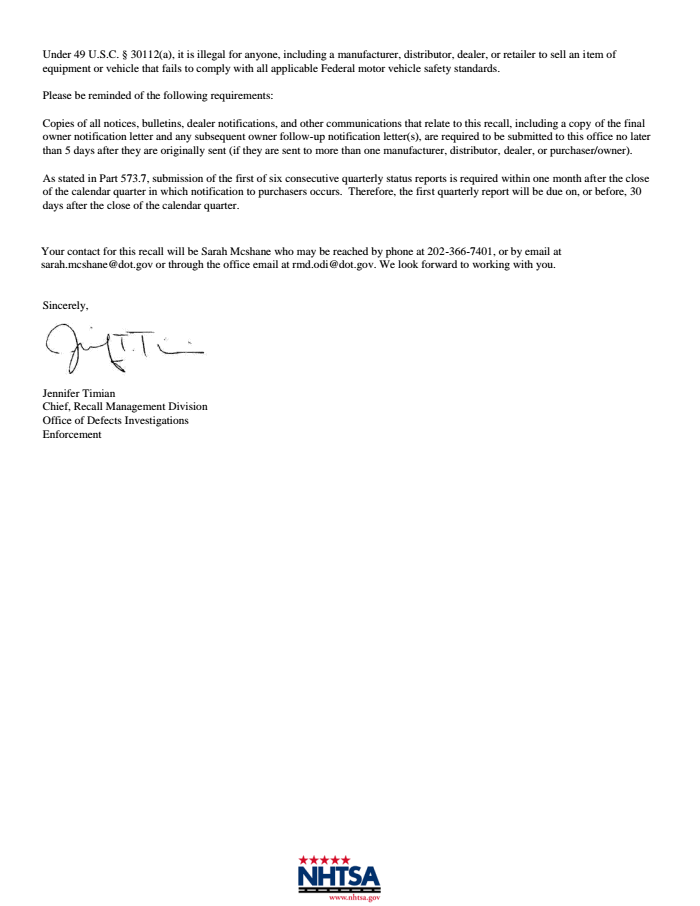"Ideological Antecedents of the Rolls-Royce Radiator," an eccentric essay remarking on how such influences as cathedral architecture and illuminated manuscripts somehow led to the famous car radiator that Panofsky reveres as the summation of "twelve centuries of Anglo-Saxon preoccupations and aptitudes."-Three Essays on Style Paperback – February 28, 1997
by Erwin Panofsky (Author), Irving Lavin (Editor)
Rolls-Royce announces recall - for one car
Car maker recalls a single Ghost, costing £231,730, in order to repair airbags
Another day, another car company announcing a recall.
Everyone seems to be at it these days - Volkswagen, Toyota, Porsche, BMW, Nissan, the list goes on and on.
Those global giants have recalled millions of vehicles over the past few years.
But there are exceptions. And with so many companies asking for drivers to return their cars so faults can be fixed, it appears that Rolls-Royce was feeling a bit left out.
So, the luxury car maker has joined in the latest trend by issuing its own recall - for one car.
The recall notice
In a letter issued by the US National Highway Traffic Safety Administration, Rolls - owned by BMW - announced it was recalling a single Ghost, made in 2014, because of an issue with the airbags.
"Rolls BMW of North America is recalling one model year 2015 Rolls-Royce Ghost manufactured on January 23, 2014," the letter reads.
Rolls-Royce Ghost Series II rear
"The affected vehicle has thorax air bags fitted to both front seats that may fail to meet the side impact performance requirements for the front seat occupants. As such, this vehicle may fail to comply with Federal Motor Vehicle Safety Standard (FMVSS) number 214, 'Side Impact Protection'."
A Rolls-Royce dealer "will replace the driver-side and passenger-side thorax air bag modules, free of charge", the letter adds - It's probably the least they can do, seeing as the car costs £231,730.
Rolls-Royce Ghost Series II dashboard
According to the Financial Times, which first reported the story, the affected car had left its factory in Goodwood, East Sussex, in January 2014 but its North American owner had not yet taken delivery.
The issue “was due to the incorrect labelling on one of the airbags”, a Rolls spokesman told the FT.
Rolls-Royce Ghost Series II side
Rolls, which sold 4,000 cars last year, officially unveiled the Ghost in 2009. The 2014 model boasts a 6.6-litre twin-turbo V12, eight-speed automatic gearbox and can reach 62mph in just 4.9 seconds.
The entry-level car has an electronically-limited top speed of 155mph, which is probably why you need airbags that work...


 7 Comments
7 Comments






